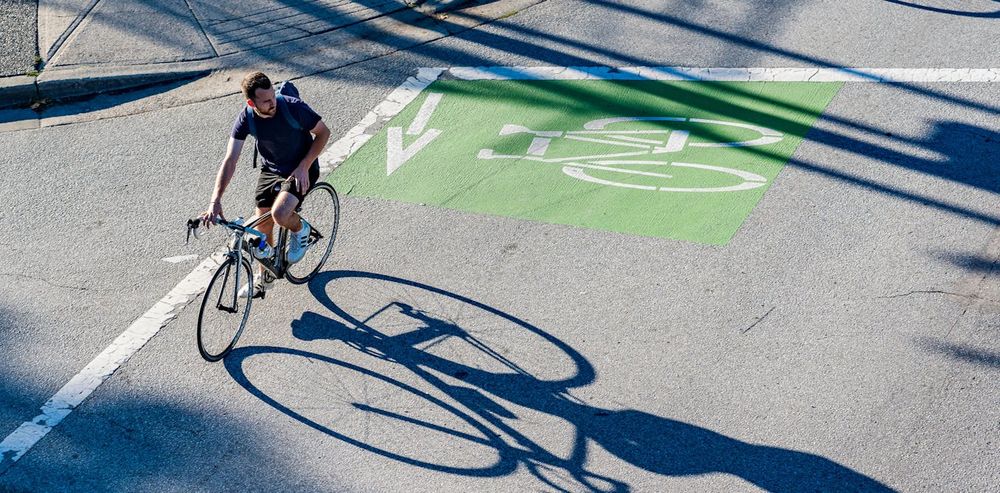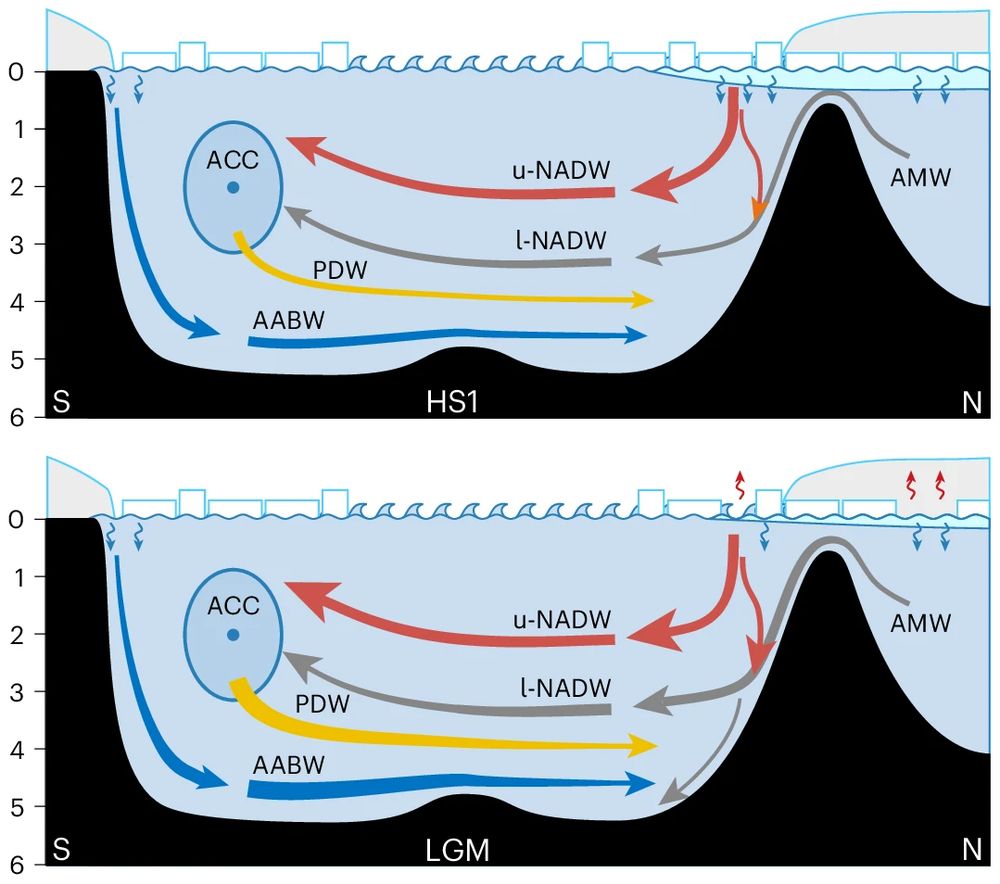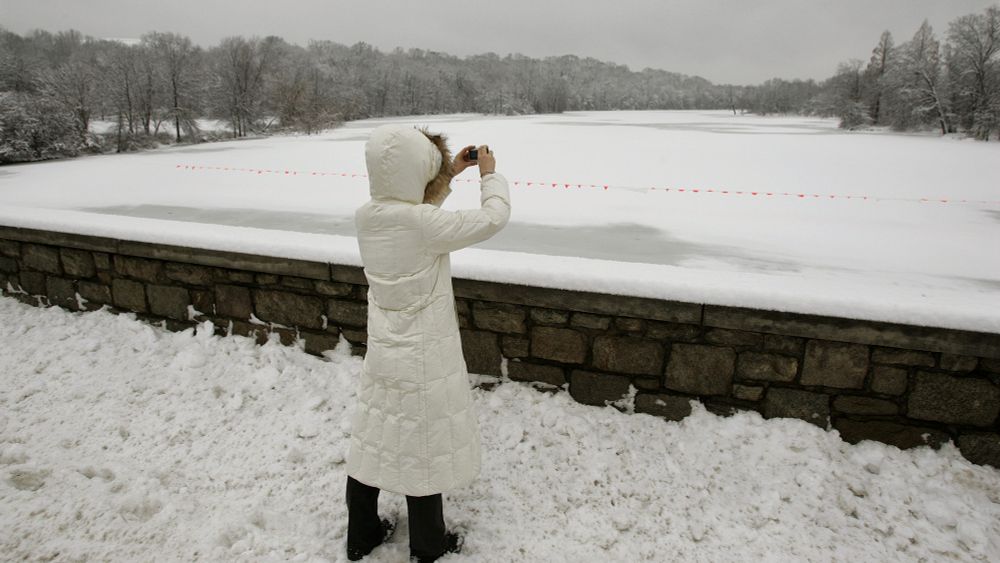
@xinsun-putiger.bsky.social @upenn.edu @carnegiescience.bsky.social
www.nature.com/articles/s41...

@xinsun-putiger.bsky.social @upenn.edu @carnegiescience.bsky.social
www.nature.com/articles/s41...

The same would be true of grinding and spreading rocks in the ocean for CO₂ removal. 🌊

The same would be true of grinding and spreading rocks in the ocean for CO₂ removal. 🌊
We examined the breathing of one of the ocean’s lungs 🩺 and found some surprises
Paper summary in schematic, more info ⬇️
1/🧵

Unfortunately that link to the Nature website just gave a "Page not found".
So sad.

Unfortunately that link to the Nature website just gave a "Page not found".
So sad.
www.jobs.ac.uk/job/DPG117/p...

www.jobs.ac.uk/job/DPG117/p...

Abstract submissions are officially open until 15 January 2026, 13:00 CET.
Let the journey begin and submit your abstract NOW!
👉 Visit https://www.egu26.eu/ for more information!
Abstract submissions are officially open until 15 January 2026, 13:00 CET.
Let the journey begin and submit your abstract NOW!
👉 Visit https://www.egu26.eu/ for more information!
Contribute to our #EGU26 session “Re-examining Seminal Ideas in Earth System Science.” Learn more and submit your abstract below by 15 Jan 2026. 🌍

Contribute to our #EGU26 session “Re-examining Seminal Ideas in Earth System Science.” Learn more and submit your abstract below by 15 Jan 2026. 🌍
🔗 storymaps.arcgis.com/stories/5712...

🔗 storymaps.arcgis.com/stories/5712...



Linked to @iiasa.ac.at Overshoots conference in Vienna this week. ERL Publisher Lauren Carter will be attending, email to discuss a contribution: Lauren.Carter@ioppublishing.org
📅Deadline: 30 April 2026
🔗 iopscience.iop.org/collections/...

Linked to @iiasa.ac.at Overshoots conference in Vienna this week. ERL Publisher Lauren Carter will be attending, email to discuss a contribution: Lauren.Carter@ioppublishing.org
📅Deadline: 30 April 2026
🔗 iopscience.iop.org/collections/...
Join SOLAS Seminar XI “Air-Sea gas exchange in warming polar regions: impacts of the changing sea-ice scape” on 14 October 2025, 15:00-16:00 UTC+2, online!
Free registration: zoom.us/meeting/regi...
More info:https://www.solas-int.org/events/solas-seminar/solas-semianr-xi.html

doi.org/10.5194/essd...
#ocean #co2 #flux
*David Munro, Galen McKinley, Denis Pierrot, Stewart Sutherland, Colm Sweeney, Rik Wanninkhof

doi.org/10.5194/essd...
#ocean #co2 #flux
*David Munro, Galen McKinley, Denis Pierrot, Stewart Sutherland, Colm Sweeney, Rik Wanninkhof

agupubs.onlinelibrary.wiley.com/doi/10.1029/...

agupubs.onlinelibrary.wiley.com/doi/10.1029/...

@paddylaser.bsky.social @unil.bsky.social @fpoeppelmeier.bsky.social @unibe.ch
www.nature.com/articles/s41...

@paddylaser.bsky.social @unil.bsky.social @fpoeppelmeier.bsky.social @unibe.ch
www.nature.com/articles/s41...
grist.org/science/brea...

grist.org/science/brea...



